News - Advertising
Abaad's #Undress522, the campaign that won big on all fronts
by Ghada Azzi
July 15, 2017
.jpg) Advertisement
AdvertisementCan you speak a little about the main campaign’s concept?
In Lebanon, a rapist can be exonerated if he marries his victim (article 522 of the penal Code). The creative idea of Undress 522 campaign revolved about the wedding white dress, which can’t and shouldn’t cover the rape, therefore the symbol we chose as a focal point was a white dress made of gauze.
White is a representation of purity and virtue - a woman who is forced to marry her rapist under Article 522 wears a wedding dress like any other woman, but her white is impure. It is made of gauze to magnify its impurity. By dressing her in a white dress, there is an attempt to wash away the crime. We are proclaiming that what happens after the rape is still a rape, even if covered in a white dress, and our rallying call was to Undress law 522.
Were you hopeful from the start about the objectives?
From the beginning, we were determined that Article 522’s abolishment was our sole objective. We approached Leo Burnett Beirut because of their background in activism and gender-related causes.
There is always the lurking temptation when working on tough causes to reach for shock advertising and distressing imagery to generate awareness. Do you believe this to be an effective strategy?
We believe that if you are going to use shock value in advertising communication, it should be with a particular intention. In this specific campaign, we don’t present any rape victim, only the idea was subtly suggested by showing blood and the medical gauze being rolled; then it turns out to being a wedding dress. It is very disturbing and might be shocking but we believe that in this particular case, it is an effective tactic because we know there is a solution that can remedy to such cases. Whenever you use shock tactics in a campaign, it should come with a ‘What can we do to stop this’ alternative. If you don’t have that element, then you are just disturbing people for the sake of it and people are more likely not to pay attention to the message. In this particular instance, the message was that we can abolish this law, we should abolish this law, and it’s ok to shock people to trigger greater awareness.
How do you explain the viral success this campaign immediately achieved?
I believe the campaign managed to instantly achieve an incredible viral success, mainly because today people are keen to champion gender equality and confront prejudice. But also, the other reason is the many facets this integrated campaign comprised. The campaign in terms of the billboard and TV spot, instigated a national dialogue around the issue, but then ABAAD in its role of civil society organisation, went on the ground with a nonviolent activist approach to even make the issue wider and our voice louder; so there were activists dressed up in wedding gowns made of gauze that stood in front of the parliament when its members were in session discussing the law. I believe the national campaign empowered the on-the-ground nonviolent demonstration to bring more media attention, which in return also made the campaign get greater exposure.
The #Undress522 campaign won five Lions at Cannes Festival this year making it the most awarded MENA campaign. What's the benefit of awards for an NGO like Abaad and does it make any difference to be honoured at such a prestigious advertising festival?
These awards are a push for the advocacy action we are conducting in the sense that when we approach the parliament or any other sector saying it got global attention and global support, this means global approval, which will definitely contribute to helping us move forward. Furthermore, it attributes more credibility with Abaad’s donors and supporters who play a determining role in our advocacy efforts.
It seems that Abaad is focusing its efforts to drive real change. What, in your opinion, are the best means to generate more than just social awareness?
We’ve come to the realisation that raising awareness isn’t enough. To inspire real societal change, Abaad uses a holistic strategy and approaches it from many different angles. National campaigning on billboards and television is only part of what we do. Aside from that, we work very heavily on policy change and working with stakeholders such as politicians, Lebanese lawmakers or international entities and stakeholders throughout the region to initiate those changes that are inspired by the Human Rights Council, UN Security Council etc. We work with different communities (geographical communities/ schools / religious leaders etc.) and hold workshops and community-based campaigns that are home grown from the members and organisations of that community to really speak to the people about what they can do and the activities that can be done to positively impact ingrained gender inequality. We work on individual level too through the several services available at Abaad: Women and Girls Safe Spaces, that are located in eight different areas throughout Lebanon; there is the Men Center in Beirut where we provide anonymous confidential psychological counseling for people of gender sensitive focus. Last but not least, we have delved into research since we truly believe that the programmes that Abaad initiates should be informed by empirical evidence, to back our work on the ground. It’s only when all these elements get interconnected within an overall strategy that we can expect real societal change instead of simple awareness.
Critical social issues such as the one Abaad tackled seem unlikely to be solved by just one social campaign, and yet in #Undress522 case we can say you made a gigantic step. To what factors do you attribute this positive achievement?
One is that timing is crucial, if you have a good strategy at the right time you will be able to create momentum.
Another is partnership and participation. If we hadn’t included the main rights holders I’m not sure if it would have had the same impact.
Instead of reinforcing the patriarchal idea that these women need protecting, we said, “These women have something to say. Listen to them.”
We tend to look at a campaign as if it started and ended on a particular date, but really this was an extension of a much longer process. This was our first foray into legislative change. We had just celebrated our five-year anniversary. In those five years, we have made an effort to address everyone: men, women survivors, politicians and religious leaders—never refusing to talk to any particular group, as many organisations have done. So, when the moment came for our first attempt at a campaign like this, those five years seemed to have really paid off. We had made a name for ourselves because of our past efforts to talk to everyone whether we agree with them or not. People were willing to sit down with us and discuss this law. Not only did they believe in what we were doing, but believed in us and what we stand for. And, although it wasn’t a masculinity-oriented campaign, it was really a culmination of all the work we have done to engage men in the past. When the opportunity came to take a stance on legislation, all the male support we had been garnering for years, and all our male followers on social media, came into play. It is an example of how long-term engagement with men can have a positive impact.
What is Abaad's long-term vision for the Undress 522 campaign?
Ensuring that the article 522 implications are no longer applicable across chapter 7, meaning all other articles. We are also demanding the adjustment of any related article like 505 etc. Most importantly, our long-term objective is to start making women realise that this law is no longer inked in text. We hope of course that this campaign will be the spark that ignites a fire of awareness and positive change, so people don’t think of marriage anymore as the solution to rape. It’s time to start changing the norms.
What is Abaad's next challenge?
Wait and see, stay tuned we are starting a new advocacy act soon.


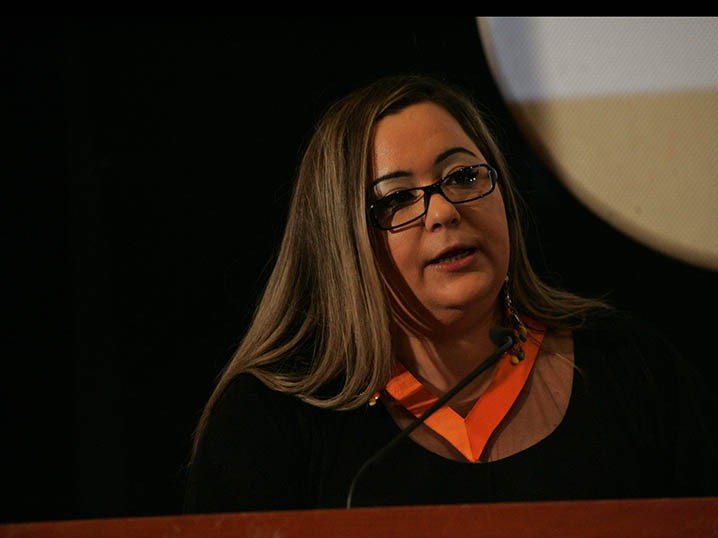
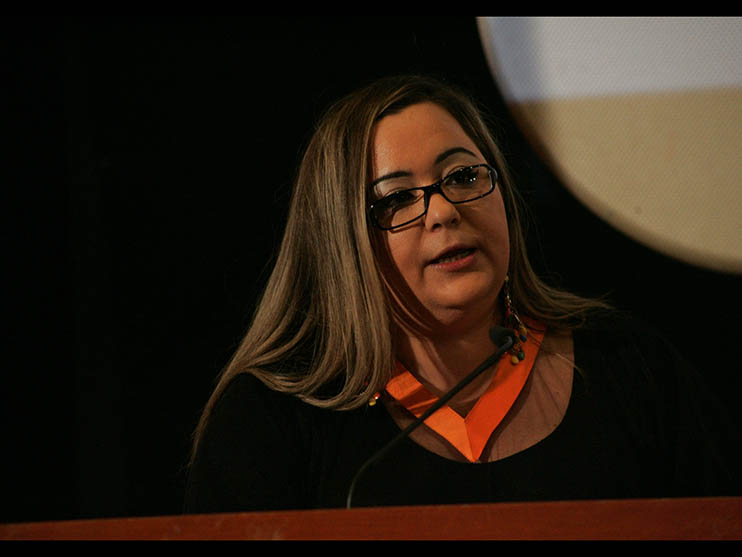
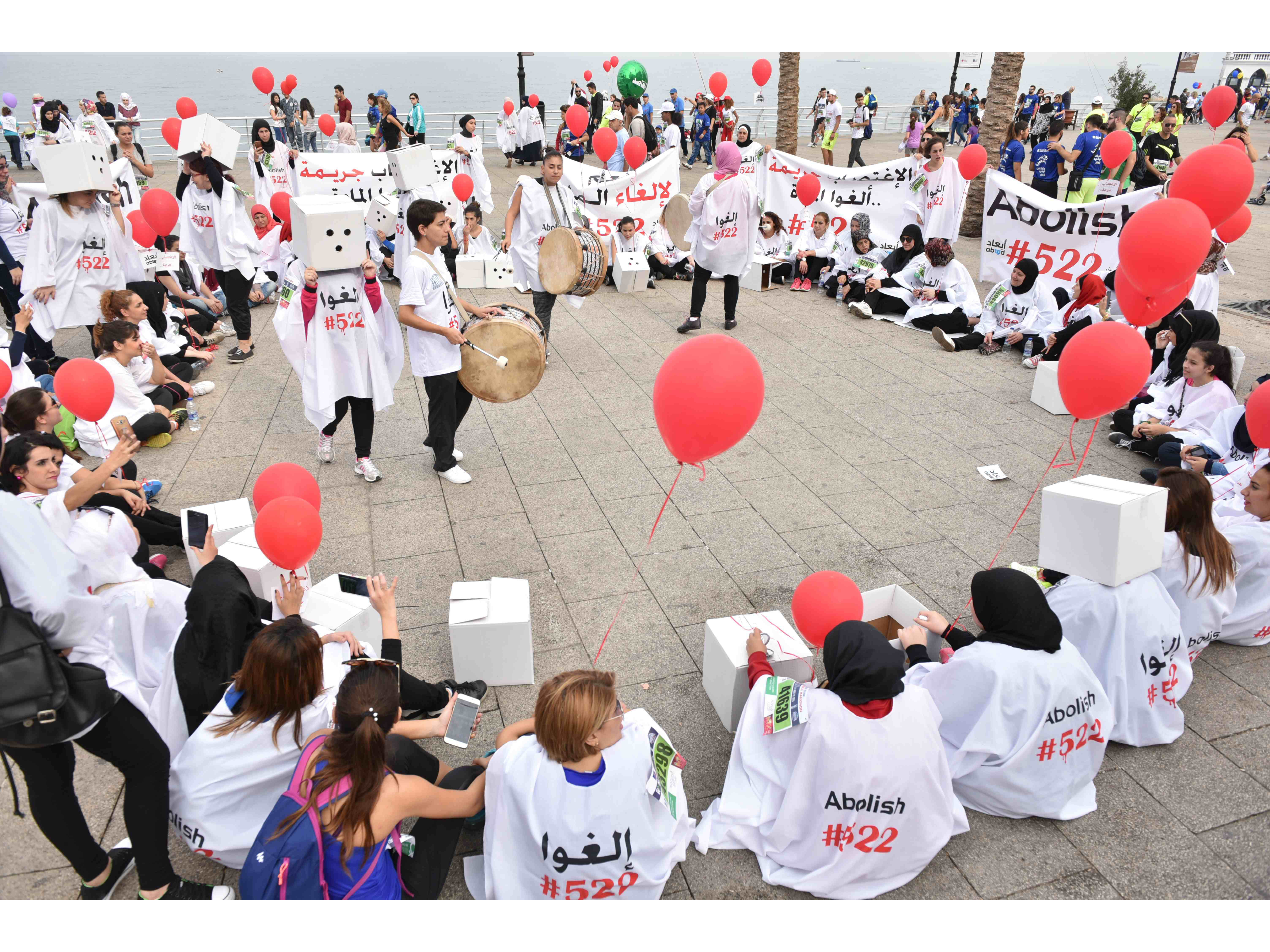
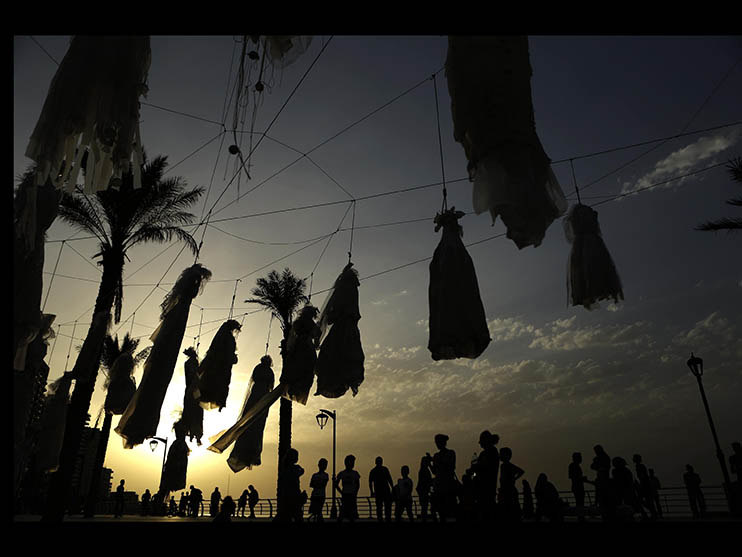
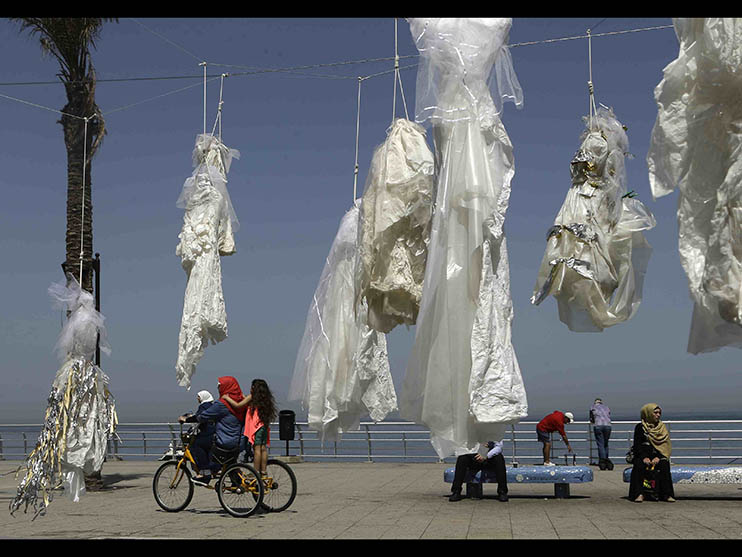
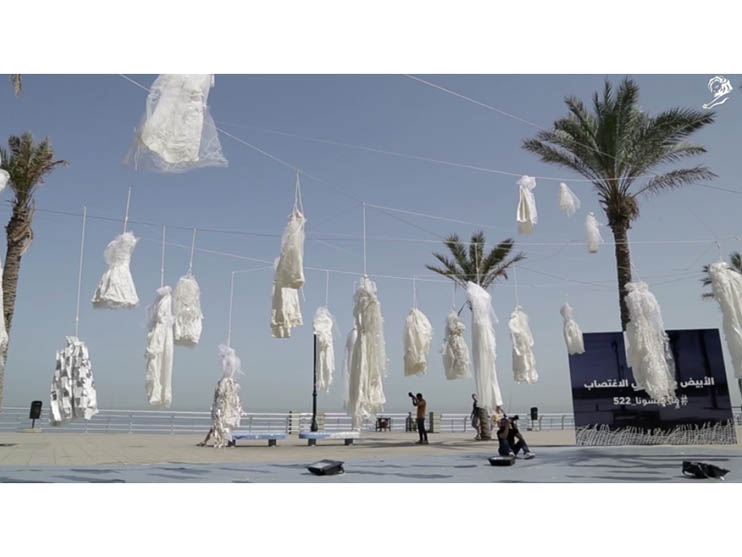
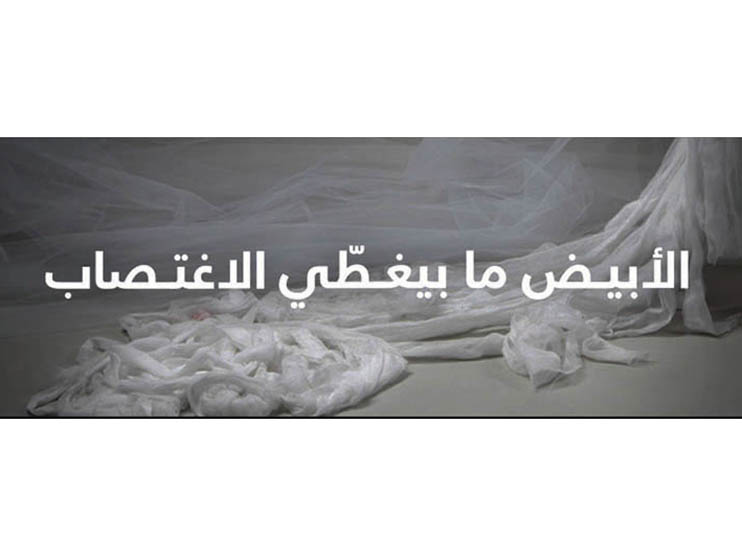
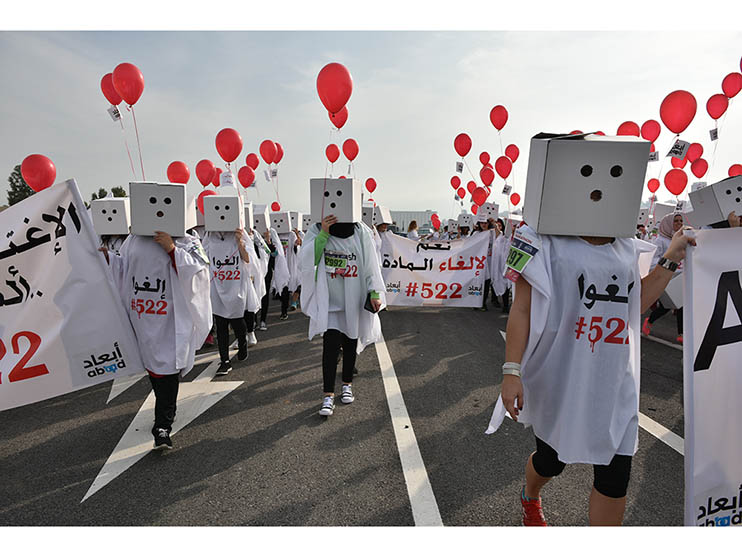
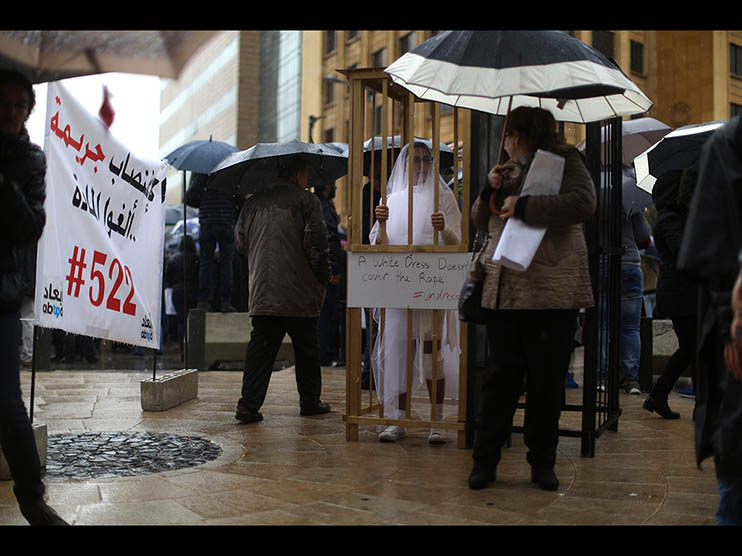
.jpg)
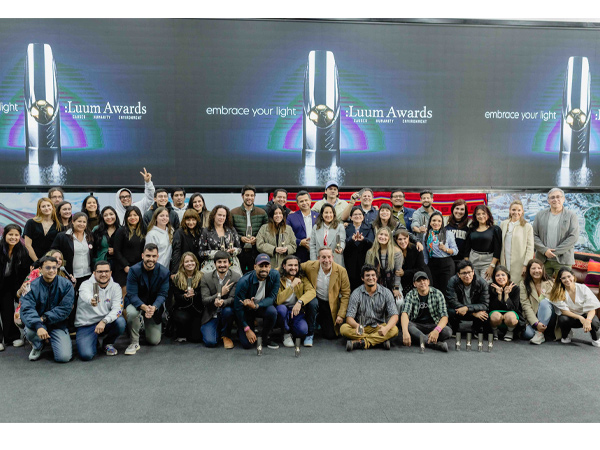

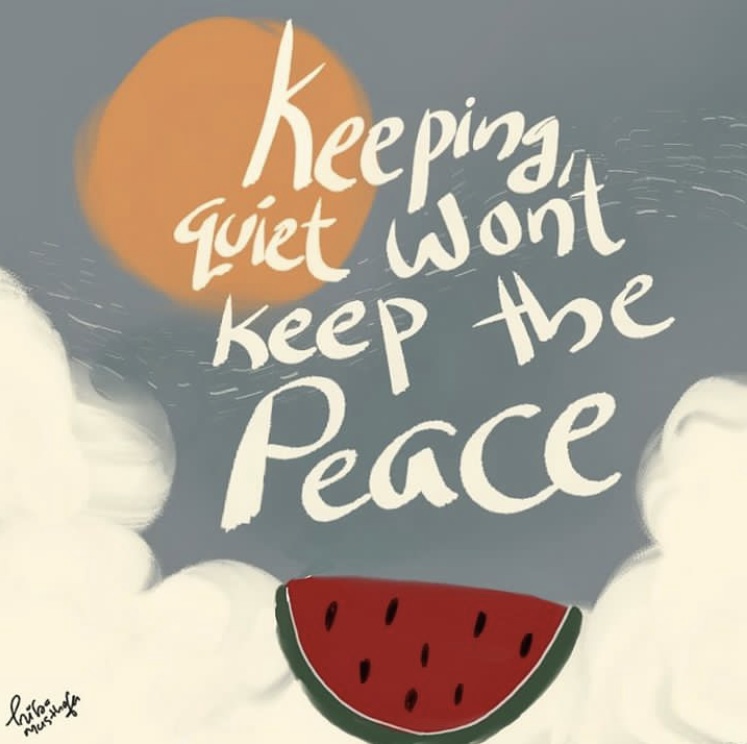
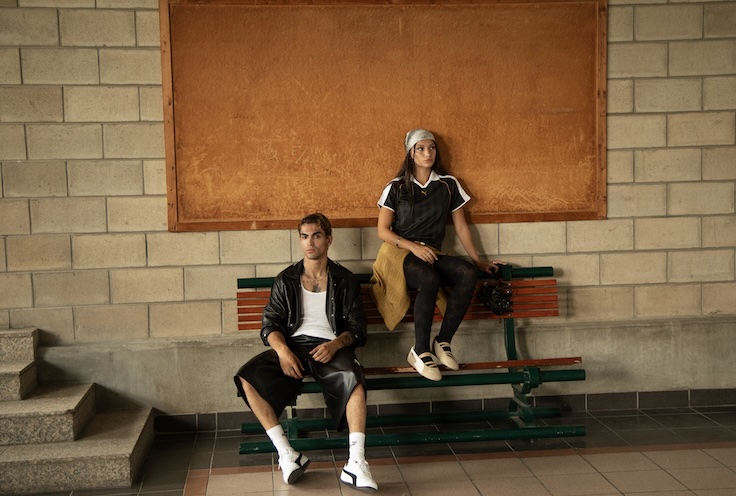

.jpg)




